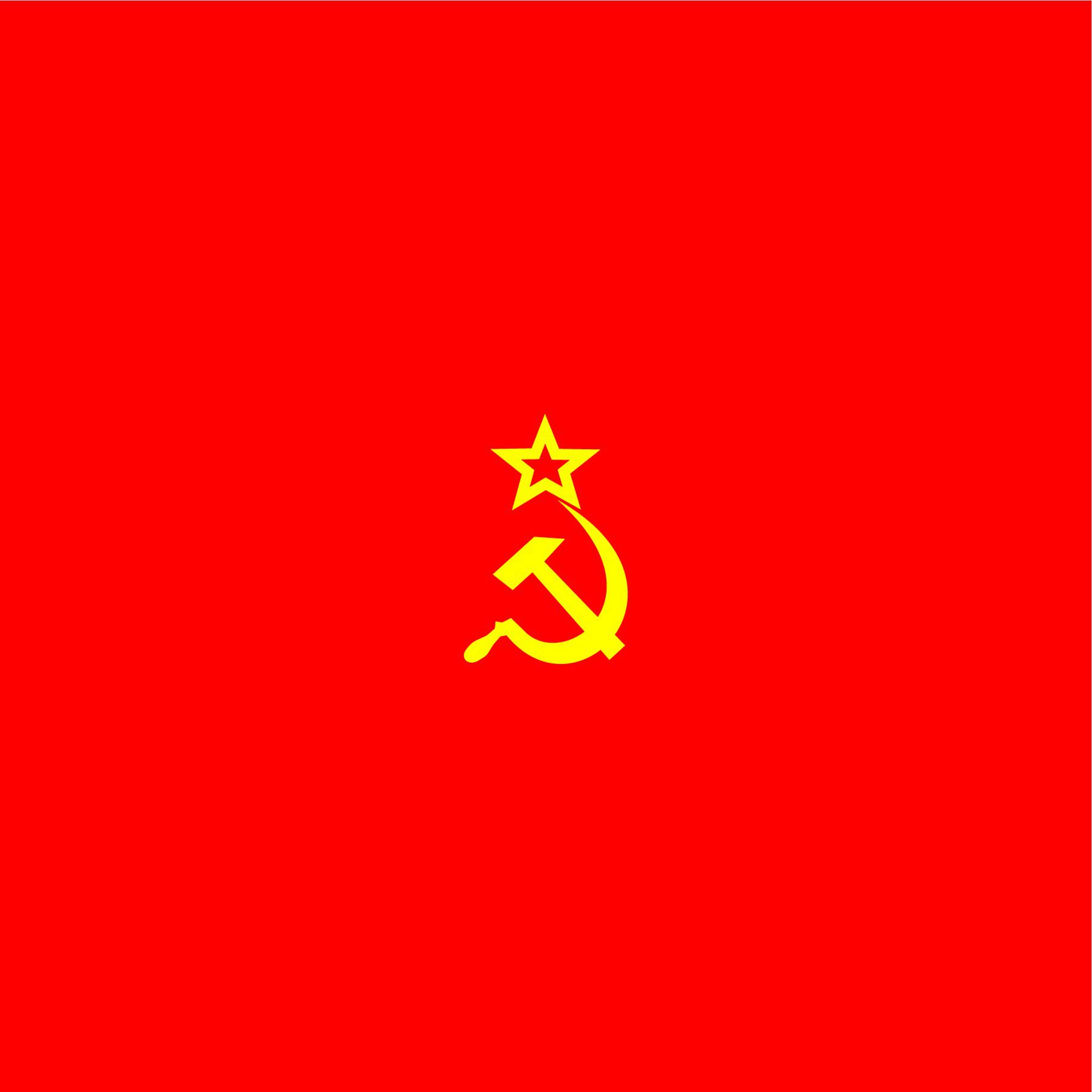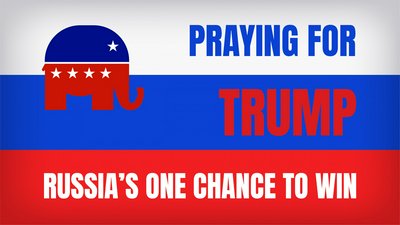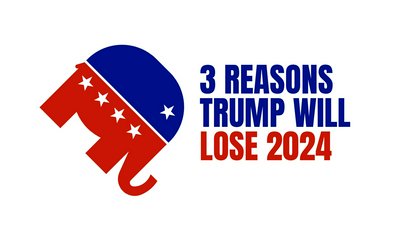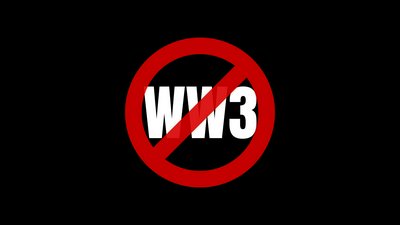economyFrance
Exorbitant Privilege and the Fall of the Soviet Union
US's exorbitant privilege is a factor in the fall of the Soviet Union often overlooked. In this article, I discuss how money printing by the USA led to the c...
Published by Dr Jiulin Teng on 01 Jun 2021 · Updated on 25 Jul 2021

Academics and pundits alike have invested their careers trying to understand the sudden collapse of the Soviet Union. In this article, I will focus on an often-overlooked perspective that can offer great prescriptive value for current international affairs. Please note that I do not pretend that I have formed this perspective on my own.
I will divide this short article into three sections. At first, I provide a simple summary of the general understanding of the fall of the Soviet Union, particularly the “popular” narrative. Then, I discuss this overlooked perspective. Lastly, I offer my take on what this lesson means for current policies.
Collapse of the Soviet Union
The economic power of the Soviet Union reached its peak immediately after the death of Stalin, right at the onset of the Cold War. At this point, the living standard in the USSR reached the nearest point compared to Western countries, roughly equal to (admittedly impoverished) Spain and Portugal.
In the 1970s, however, the Soviet economy stagnated, and an increasing percentage of its GDP came from, and its spending went into, military build-up. With a dogmatic planned economy that masked the economic signals and an expanding bureaucratic overhead, its economy was unable to adjust to the turbulent decade.
With an ineffective, egoistic leader (Brezhnev), who was followed by two dying men, the malaise was temporarily buried, until they could no longer. While many ascribe much blame to Gorbachev and his naivety, the advanced stage at which the system had failed meant that he was at most to blame for the manner in which USSR collapsed, not the eventual collapse itself.
USD Cannon that Blew Up the Warsaw Pact
The main reason given for the collapse of the Soviet Union focuses primarily on the inherent inefficiencies of the system and the hubris of its leaders. While these make valid points, a critical element that made the collapse inevitable is often overlooked: the US Dollar.
Before Vietnam War, the US federal government always raised taxes and/or borrowed money from its citizens to fund its war effort, this included the Korean War.
In the 1960s, however, JF Kennedy and LB Johnson started to introduce numerous spending projects to fund the Apollo Program, various social programs, and the Vietnam War, all funded by the Federal Reserve.
This is a critical part of the Exorbitant Privilege: the USA is able to print money at zero cost and export its inflation throughout the world. It is the most important factor leading to the stagflation in the 1970s across the world.
Thanks to the resolute effort by Paul Volcker, who sharply raised the interest rate to over 20%, the USA was able to stop the inflation. This was the main reason of the Reagan boom.
In contrast, the Soviet Union was unable to print money to fund anything. Every program that it wished to implement must be funded by hard work. Moreover, the USA was able to export inflation, thereby exporting harm to other economies for the products and services that it bought essentially with other people’s wealth.
As the USSR was not known for its economic thinking, its leaders likely did not understand that the game they were engaged in had but one end, and it was theirs.
What is the Lesson Today?
As the USD is the key differentiator in the Cold War, so must it be the focal point of any effort to avoid/mitigate another Cold War. Only with the dollar displaced as the world’s reserve currency can any nation be safe from USD-based attacks.
This necessitates at least three elements:
First, a global settlement system independent of the USD that is secure, stable, quick, and widely available. This system requires the participation of national and commercial banks of a significant number of countries.
Secondly, a global reserve currency alternative that is liquid and backed by real assets, namely gold. This alternative would require physical gold settlements for international trades. Preferably, it is a fixed-exchange-rate system, which avoids the instabilities of floating exchange rates.
Thirdly, a major commodities exchange that uses this reserve currency alternative and that serves a significant proportion of the most important resources, including agricultural, energy, metals, and other industrial goods.
At a glance, it is rather unlikely for these conditions to be met. However, at this point the USD faces its biggest challenge in history, with this decade shaping up to be another one of stagflation, except that it is compounded by 0% interest rate, unsustainable US national debt, and a gigantic everything bubble (fueled by QE).
Hence, my view is that while it is virtually impossible for any other country to “take out” USD hegemony, the US is fully capable of taking itself out. The key should not be undermining the USD; rather, countries that wish to have a healthy economy undisrupted by the collapse of the USD should look to construct the aforementioned systems with the goal of risk mitigation.
Indeed, as currency risks rise in the US and lowers with these measures abroad, the current account and inflationary pressures on the USD would hasten its disarmament.
Below my video comments




